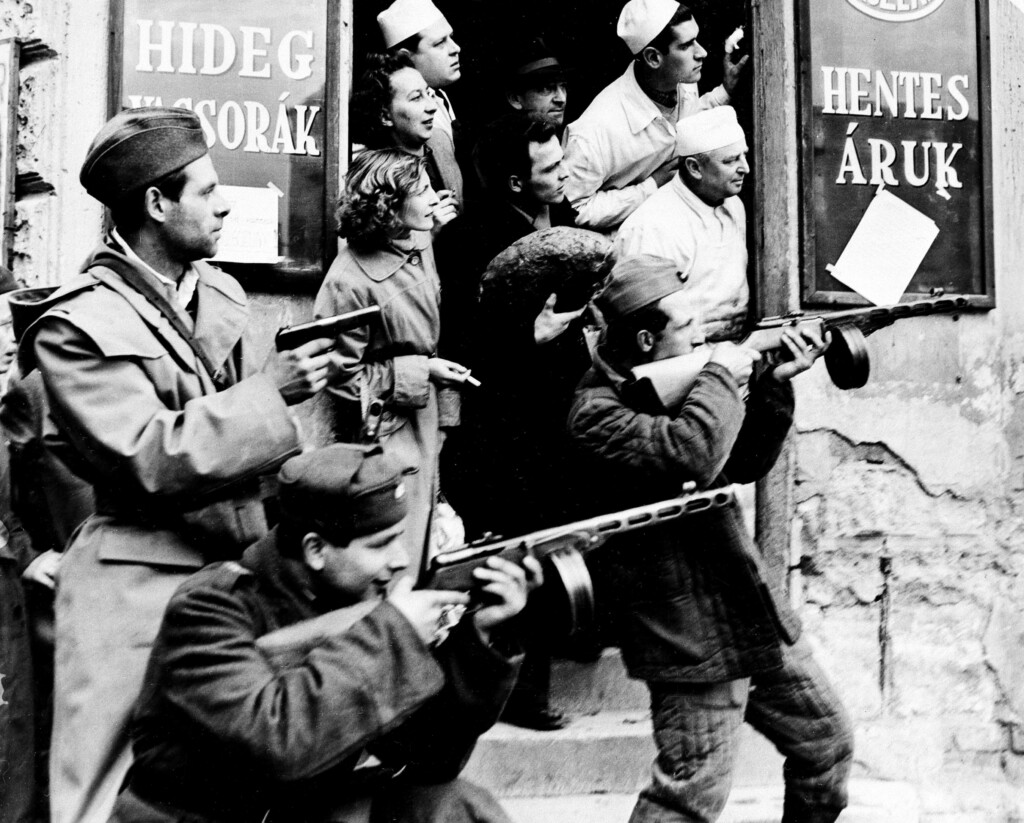Poland’s new left-liberal government in Warsaw will fall, according to a Hungarian commentator Zoltán Hegyi, writing in Hungarian newspaper Magyar Nemzet.
“Donald Tusk’s regime in Warsaw is doing its best to do away with the respect, appreciation, and brotherly and sisterly love I have for Poles, which has been instilled in me for generations, and I would even dare to say is genetically ingrained in me. Let me say at the outset that this administration is doomed to fail,” he wrote.
Hegyi then recounts his long history with Poland, writing that he has “Pole-mania” and many have watched his “obsession” with the country “with increasing incomprehension.”
“On the one hand, my enthusiasm (for Poland) was really formed by my knowledge of history, and on the other, from my personal experiences,” he writes.
He then writes that Tusk’s “dirty political gamesmanship” cannot erase his fond decades-long memories of Poland, including “his train ride to Krakow on the Báthory Express, the endless hitchhiking, the intoxication of limited freedom in the 1980s, the friends, the girlfriends, and the culture. Polish artists such as (director Andrzej) Wajda, (jazz musician Zbigniew) Namyslowski, and (playwright Slawomir) Mrozek. I could go on for days, all the way back to Chopin, what else and who else?”
Hegyi argues that Tusk is not only working to destroy the bond between Hungary and Poland, but the “mercenary” leading Poland is working to destroy “the greatest ideas of the last decades, the V4,” referring to the Visegrád Four, the alliance between Hungary, Poland, Czechia, and Slovakia.
Hegyi singles out Tusk’s foreign minister, Radoslaw Sikorski, who has backed French President Emmanuel Macron’s statement regarding potential NATO troops in Ukraine. The Hungarian writes that Sikorski is “more Marcon than Macron” and “deliriously insists that the transfer of NATO troops to Ukraine is not inconceivable.”
While Hegyi warns that these statements may first seem like “grandstanding,” they are directed at a nuclear power, Russia, which may bring about unforeseen global disaster. In addition, many countries have underestimated Russia in the past, namely the Nazi regime.
He then refers to the new Polish government’s efforts to rewrite the education curriculum to remove much of the shared history between Hungary and Poland. Critics of the move argue it is specifically designed to drive a wedge between Hungary and Poland and erase some of the more inspiring moments that helped forge the centuries-long alliance between the two nations.
“At the same time, it is, of course, very odd that the ‘comrades in charge’ (in Poland) saw the time as right to take the reign of (Transylvanian prince and later Polish king) István Báthory out of the Polish basic education curriculum and to change the Hungarian Revolution and 1956 War of Independence with the same vigor,” he writes.

Referring to the 1956 Hungarian uprising against Soviet rule, which was inspired and actively aided by Polish fighters, Hegyi writes, “I can only hope that the Polish blood sent to fight for the Hungarians in 1956 will not disappear without a trace, nor will the memory of (former Hungarian President) József Antall.”
Hegyi argues that removing these aspects from the Polish curriculum will not have the intended effect, “because these are stubborn things. The regional consciousness may disappear from textbooks for a while, but even this temporary power in Poland will not succeed in erasing it from the collective unconscious.”
Referring to Tusk’s government, he writes that it “will not even merit a minor sideline from posterity, unless they succeed in starting World War III.”





